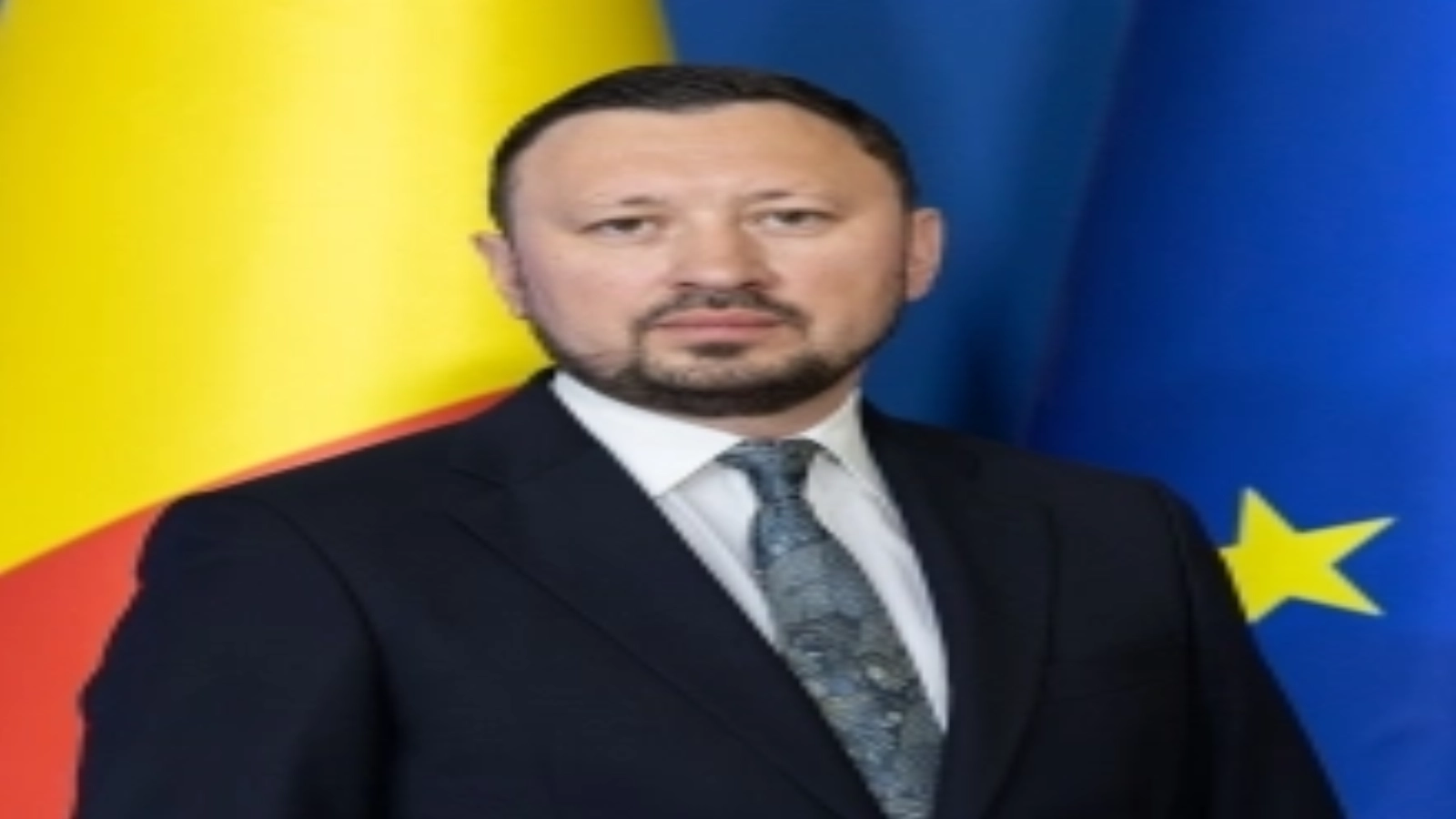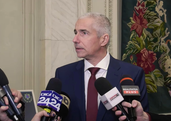Minister of the Environment Mircea Fechet on Thursday said that currently work is being done on a bill that "clarifies very well what second-hand means" in order to stop part of illegal waste trafficking.
At a news conference on Thursday, he was asked about how the ministry manages this phenomenon of waste, starting from a recent example regarding the blocking of 56 tonnes of waste at the Nadal border crossing.
"Unfortunately, besides the 56 tonnes there are certainly other illegal shipments of waste, because Romania, for several reasons, is a very attractive country for this phenomenon of organised crime called illegal waste trafficking. This also starts from the fact that there is a very high pressure on our country. In Romania, waste storage costs on average EUR 50, compared with other countries in the European Union, where waste storage costs EUR 500 or more per tonne. That generates business opportunities, if I may call them so, for these organised crime groups that bring in from the western states, mostly waste disguised as various other categories, whether they call it second-hand goods, second-hand textiles, waste from end-of-life vehicles, electrical and electronic equipment or waste from recyclable materials, many times they end up in fields in Romania and lie there abandoned. From that point of view, there are already some discussions at the level of the Ministry of the Environment together with the National Environmental Guard, together with the Ministry of Economy and the National Agency for Consumer Protection in order to develop a bill that will clarify very well what second-hand means and what second-hand doesn't mean to stop part of this phenomenon," said Fechet.
He added that other measures are needed, such as etter collaboration between customs offiices and the Environmental Guard.
"As we speak, access with such materials is limited to 21 crossings in Romania, but in the future, whether we are discussing the border crossings in the west of the country or the Port of Constanta, we still have such problems, which we are dealing with and in connection with which we hope to be able to have not only the approved legislative framework, but also to be able to take concrete measures. One of them is providing extra manpower to the National Environmental Guard, because one method by which they are tricked is to wait until 10:00hrs or 11:00hrs p.m., when the Environmental Guard leaves, and then there are instancess in which such shipments can fraudulently clear customs," said Fechet .
Asked if the EUR 50 fee he referred to could be increased, he said: "The fee is already increased. I failed to mention that. From January 1, 2024, that is, in less than two months, the amount of this tax will be doubled. From RON 80 lei, which is today the contribution for the circular economy, as it is called, the tax will be RON 160. It is just one of the measures that could reduce this phenomenon."
For clarification, the minister specified that there are several components in the calculation of the storage cost.
"The cost includes not only the tax collected by the Romanian government, such as the contribution to the circular economy, which will increase from January 1, 2024, but there are also other costs that have not changed, such as the storage tax which the operator of the waste deposit collects, the value added tax etc., all these costs being today on average around 50 euros; in the end, RON 200 or so, costs that will increase by at least RON 80 from January 1, 2024. So we will be go from average price of RON 200 to an average price of, say, RON 300," said Fechet.
He pointed out that the public cannot cope with over-taxation in the field when asked about the option of increasing the waste storage fee to a level closer to EUR 500 per tonne.
"We are prevented by the fact that the tax will be felt by the public in the size of the sanitation fee. And then, there must be a balance between the power of the Romanians to pay this tax and the cost of this service. (...) A very high sanitation tax could be difficult to pay and difficult to bear, and from this point of view we propose that these increases in contributions take place gradually and grow to the extent that either the purchasing power of the population increases, the incomes of the population increase, on the one hand, or, more simply, less waste is generated. When mention the reduction we think the year 2035, where we have taken up a 90% deviation from storage. In other words, compared with the 6 million tonnes that we generate today, we should generate only 600,000 tonnes," said Fechet.
































Comentează